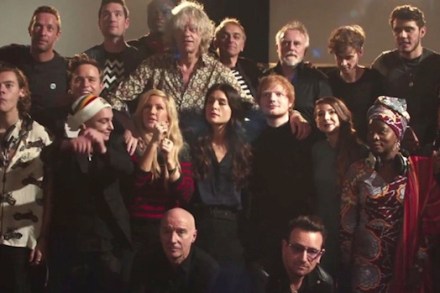Even a perfect opera such as Don Giovanni improves with a good red
End of season is always bittersweet, the melting snows a bit like autumn leaves. But the days are longer and soon spring will chase away any remaining winter blues. The Eagle Club’s closing is a perennial festive day, with speeches by our president Urs Hodler, an almost teary goodbye to our very own Pino — who has seated and fed us for 44 years — and the Taki Cup awards, won the past two years by my son J.T. in record time: 34 minutes to conquer the highest mountain in Gstaad. (Charlotte Cotton was only five minutes slower, an amazing feat for a young woman.) It was a hell of




















